Entering the Christmas season proper, we are given time to celebrate the feasts of some great saints and to reflect on the joy of God in the flesh. Today’s saint, Stephen, is an excellent reminder of the profundity of the Christmas message of the Incarnation, and of the gravity of Christ’s ministry to save us from sin and death. As St. Stephen, the “protomartyr,” and the other martyrs testify, the Incarnation and Paschal Mystery are realities worth staking our lives for. Jesus Christ really did come to earth, and His Person and ministry are more important than our own lives, if it comes to that.
St. Stephen is introduced to us as “working great signs and wonders among the people” (Acts 6:8). He wastes no time wondering whether he should follow Christ wholeheartedly, and quickly gives himself over to the direction of the Holy Spirit. For this, he is allowed to be the instrument of God’s miraculous work. He trusts in Jesus’ word that whoever has faith the size of a mustard seed can move mountains, if it be the will of God, and he sets out to do just that.
Stephen knows the truth of the Resurrection, and is not afraid to communicate this truth in public. Under the direction of the Holy Spirit, he debates others without fear. His interlocutors “could not withstand the wisdom and the spirit with which he spoke” (Acts 6:10). This “spirit” was not his own so much as the Spirit of God working in him. St. Stephen trusted that God would give him the words to say at the opportune time, and he was rewarded.
Of course, part of this “reward” was the wrath of those who did not understand God’s designs. As we learn here and throughout the history of the Church, this is the case with all of the martyrs. They are persecuted and killed by those who cannot fathom God’s message, whether that message be the unexpected reality of the Incarnation or the prodigality of the Cross. Rather than shrink before the anger of others, the martyrs double down on their belief in these realities, in their commitment to the Trinity.
The martyrs, led by St. Stephen, understand the reality of the Incarnation. They see how important it is that God came to earth, that the Word became flesh, and they understand that this is a reality, not a myth. They believe in this fact so thoroughly that they are willing to die at the hands of those who are blind to it, enduring bitter persecution along the way. For the martyrs, following the true God and attaining eternal life are more important than any alternative, no matter what threats are leveled at them.
At the decisive moment, the martyrs trust in the direction of the Holy Spirit, who gives them the ability to work miracles, the words to speak profoundly to others, and the courage to die for their convictions. Let us pray for the grace to imitate these holy men and women, who knew the critical significance of the Incarnation.
Al entrar en la temporada navideña, se nos da un tiempo para celebrar las fiestas de algunos grandes santos y para reflexionar sobre el gozo de Dios hecho carne. El santo de hoy, Esteban, es un excelente recordatorio de la profundidad del mensaje navideño de la Encarnación y de la gravedad del ministerio de Cristo para salvarnos del pecado y de la muerte. Como testifican san Esteban, el “protomártir”, y los demás mártires, la Encarnación y el Misterio Pascual son realidades por las que vale la pena arriesgar la vida. Jesucristo realmente vino a la tierra, y Su Persona y ministerio son más importantes que nuestras propias vidas, si se trata de eso.
San Esteban se nos presenta realizando “grandes prodigios y señales entre la gente. ” (Hechos 6:8). No pierde el tiempo preguntándose si debería seguir a Cristo de todo corazón, y rápidamente se entrega a la dirección del Espíritu Santo. Por esto, se le permite ser el instrumento de la obra milagrosa de Dios. Confía en la palabra de Jesús de que si tienes la fe del tamaño de un grano de mostaza puedes mover montañas, si es la voluntad de Dios, y se propone hacer precisamente eso.
Esteban conoce la verdad de la Resurrección y no tiene miedo de comunicar esta verdad en público. Bajo la dirección del Espíritu Santo, debate a los demás sin miedo. Sus interlocutores “no podían refutar la sabiduría inspirada con que hablaba.” (Hechos 6:10). Este “espíritu” no era tanto suyo como del Espíritu de Dios obrando en él. San Esteban confió en que Dios le daría las palabras que debe decir en el momento oportuno, y fue recompensado.
Por supuesto, parte de esta “recompensa” fue la ira de aquellos que no entendieron los designios de Dios. Como aprendemos aquí y a lo largo de la historia de la Iglesia, este es el caso de todos los mártires. Son perseguidos y asesinados por aquellos que no pueden comprender el mensaje de Dios, ya sea ese mensaje la realidad inesperada de la Encarnación o la prodigalidad de la Cruz. En lugar de encogerse ante la ira de los demás, los mártires redoblan su creencia en estas realidades, en su compromiso con la Trinidad.
Los mártires, guiados por San Esteban, comprenden la realidad de la Encarnación. Ven la importancia de que Dios vino a la tierra, que el Verbo se hizo carne, y entienden que esto es una realidad, no un mito. Creen tan profundamente en este hecho que están dispuestos a morir a manos de aquellos que están ciegos, soportando una amarga persecución. Para los mártires, seguir al Dios verdadero y alcanzar la vida eterna son más importantes que cualquier alternativa, sin importar las amenazas que se les presenten.
En el momento decisivo, los mártires confían en la dirección del Espíritu Santo, que les da la capacidad de hacer milagros, las palabras para hablar profundamente a los demás y el valor de morir por sus convicciones. Oremos por la gracia de imitar a estos santos hombres y mujeres, que conocieron el significado crítico de la Encarnación.
 David Dashiell is a freelance author and editor in Nashville, Tennessee. He has a master’s degree in theology from Franciscan University, and is the editor of the anthology Ever Ancient, Ever New: Why Younger Generations Are Embracing Traditional Catholicism.
David Dashiell is a freelance author and editor in Nashville, Tennessee. He has a master’s degree in theology from Franciscan University, and is the editor of the anthology Ever Ancient, Ever New: Why Younger Generations Are Embracing Traditional Catholicism.
Feature Image Credit: Danny Aliano Rosas, https://cathopic.com/photo/11294-sagrada-familia
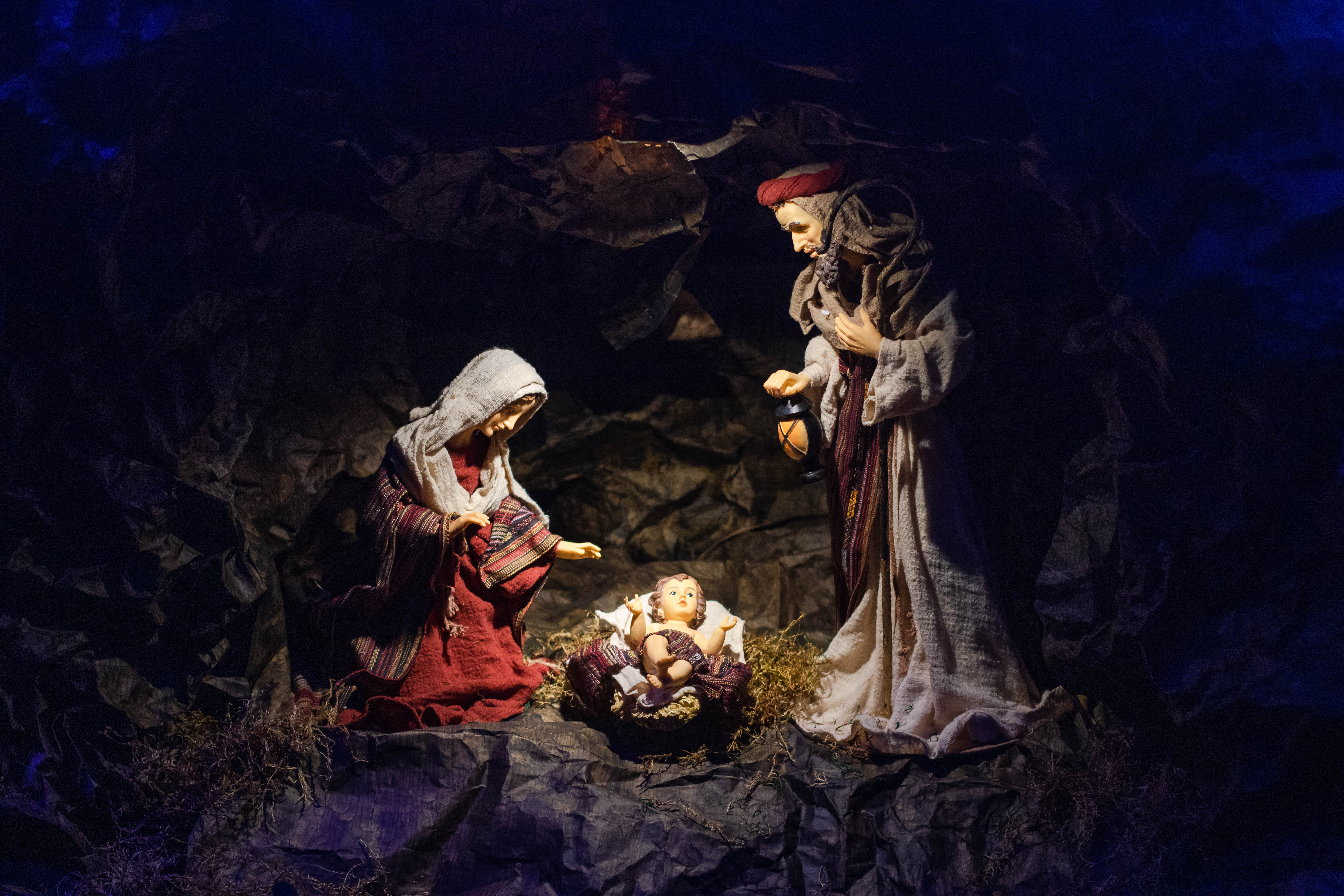
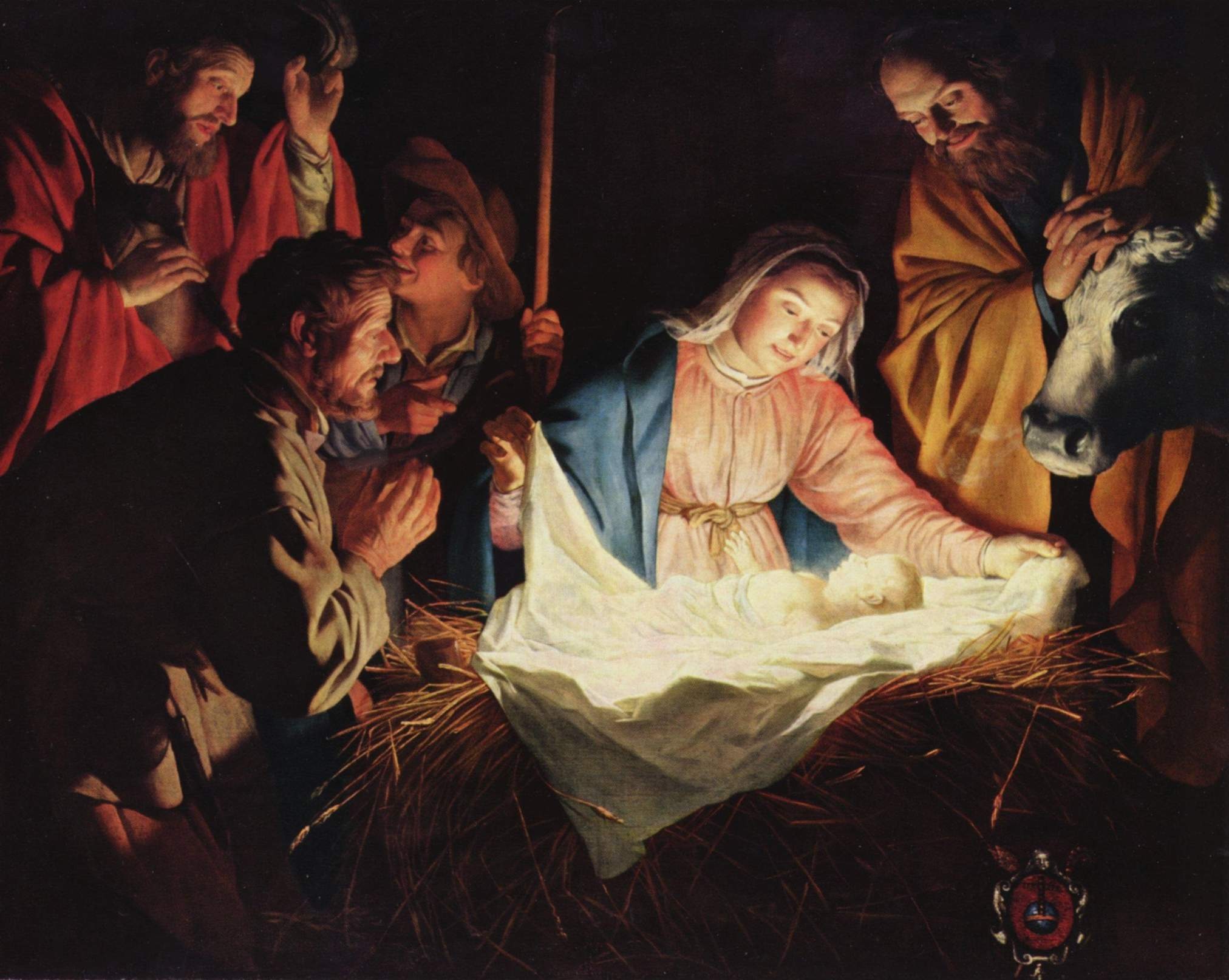
 Susan Ciancio has a BA in psychology and a BA in sociology from the University of Notre Dame, with an MA in liberal studies from Indiana University. For the past 19 years, she has worked as a professional editor and writer, editing both fiction and nonfiction books, magazine articles, blogs, educational lessons, professional materials and website content. Thirteen of those years have been in the pro-life sector. Currently Susan freelances and writes weekly for HLI, edits for American Life League, and is the executive editor of Celebrate Life Magazine. She also serves as executive editor for the Culture of Life Studies Program—an educational nonprofit program for K-12 students. You can reach her at
Susan Ciancio has a BA in psychology and a BA in sociology from the University of Notre Dame, with an MA in liberal studies from Indiana University. For the past 19 years, she has worked as a professional editor and writer, editing both fiction and nonfiction books, magazine articles, blogs, educational lessons, professional materials and website content. Thirteen of those years have been in the pro-life sector. Currently Susan freelances and writes weekly for HLI, edits for American Life League, and is the executive editor of Celebrate Life Magazine. She also serves as executive editor for the Culture of Life Studies Program—an educational nonprofit program for K-12 students. You can reach her at 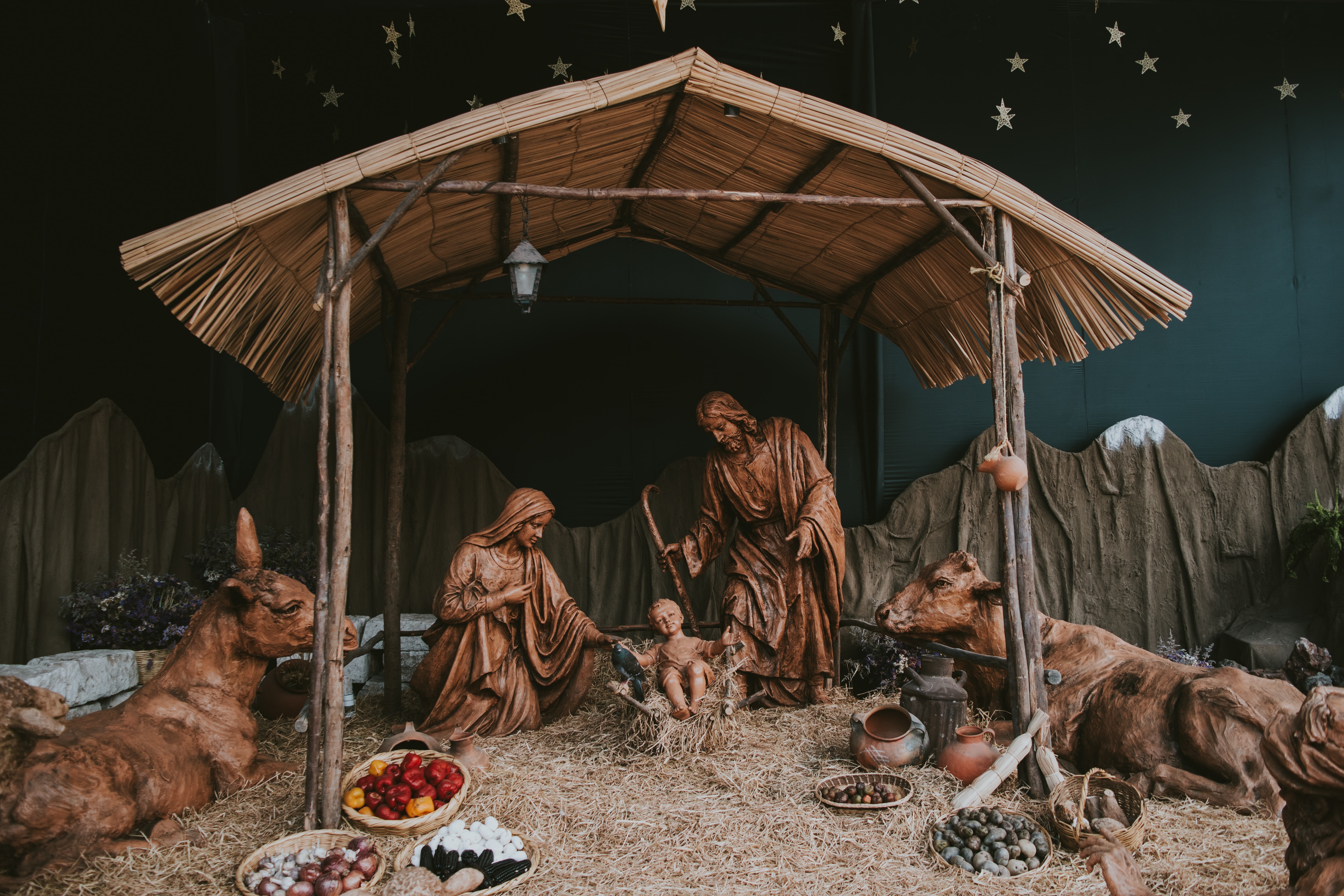


 Merridith Frediani loves words and is delighted by good sentences. She also loves Lake Michigan, dahlias, the first sip of hot coffee in the morning, millennials, and playing Sheepshead with her husband and three kids. She writes for Catholic Mom, Diocesan.com, and her local Catholic Herald. Her first book Draw Close to Jesus: A Woman’s Guide to Adoration is available at Our Sunday Visitor and Amazon. You can learn more at
Merridith Frediani loves words and is delighted by good sentences. She also loves Lake Michigan, dahlias, the first sip of hot coffee in the morning, millennials, and playing Sheepshead with her husband and three kids. She writes for Catholic Mom, Diocesan.com, and her local Catholic Herald. Her first book Draw Close to Jesus: A Woman’s Guide to Adoration is available at Our Sunday Visitor and Amazon. You can learn more at 
 Dakota currently lives in Denver, CO and teaches English Language Development and Spanish to high schoolers. She is married to the love of her life, Ralph. In her spare time, she reads, goes to breweries, and watches baseball. Dakota’s favorite saints are St. John Paul II (how could it not be?) and St. José Luis Sánchez del Río. She is passionate about her faith and considers herself blessed at any opportunity to share that faith with others. Check out more of her writing at
Dakota currently lives in Denver, CO and teaches English Language Development and Spanish to high schoolers. She is married to the love of her life, Ralph. In her spare time, she reads, goes to breweries, and watches baseball. Dakota’s favorite saints are St. John Paul II (how could it not be?) and St. José Luis Sánchez del Río. She is passionate about her faith and considers herself blessed at any opportunity to share that faith with others. Check out more of her writing at 




 Kay Kunz is the Accounts Manager at Diocesan. She is a mother of two and grandmother of five. Living on her family’s centennial farm surrounded by nature, creatures great and small, wild and tame, Kay and her husband are in perpetual restoration mode. When she is not crunching numbers or helping churches with bookkeeping issues, you’ll more than likely find her curled up with a book and a cup of coffee. Inspired by St. Brigid of Kildare, not just because she is the patron saint of chicken farmers and turning water into beer, but her simple pastoral life of finding peace in nature.
Kay Kunz is the Accounts Manager at Diocesan. She is a mother of two and grandmother of five. Living on her family’s centennial farm surrounded by nature, creatures great and small, wild and tame, Kay and her husband are in perpetual restoration mode. When she is not crunching numbers or helping churches with bookkeeping issues, you’ll more than likely find her curled up with a book and a cup of coffee. Inspired by St. Brigid of Kildare, not just because she is the patron saint of chicken farmers and turning water into beer, but her simple pastoral life of finding peace in nature.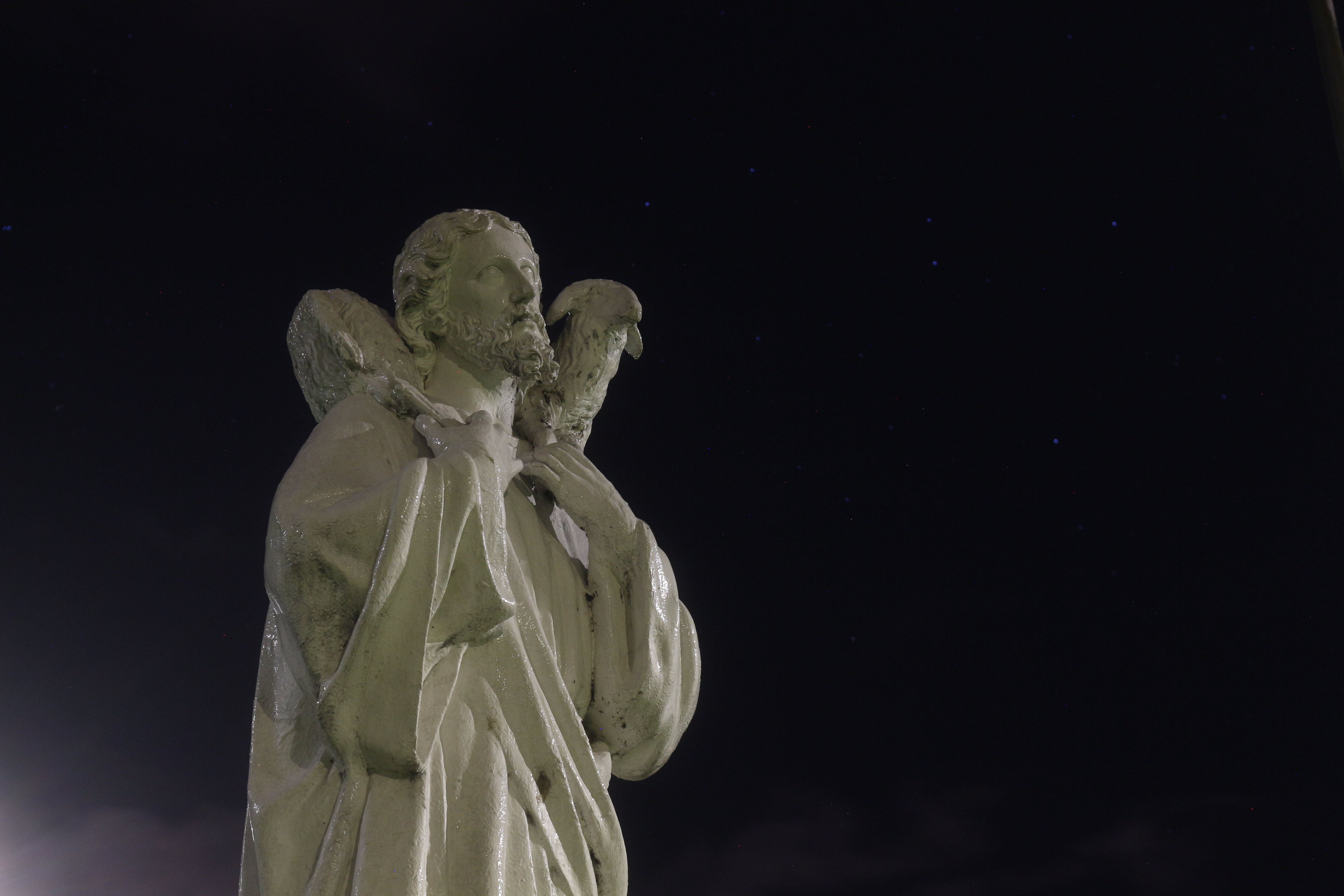
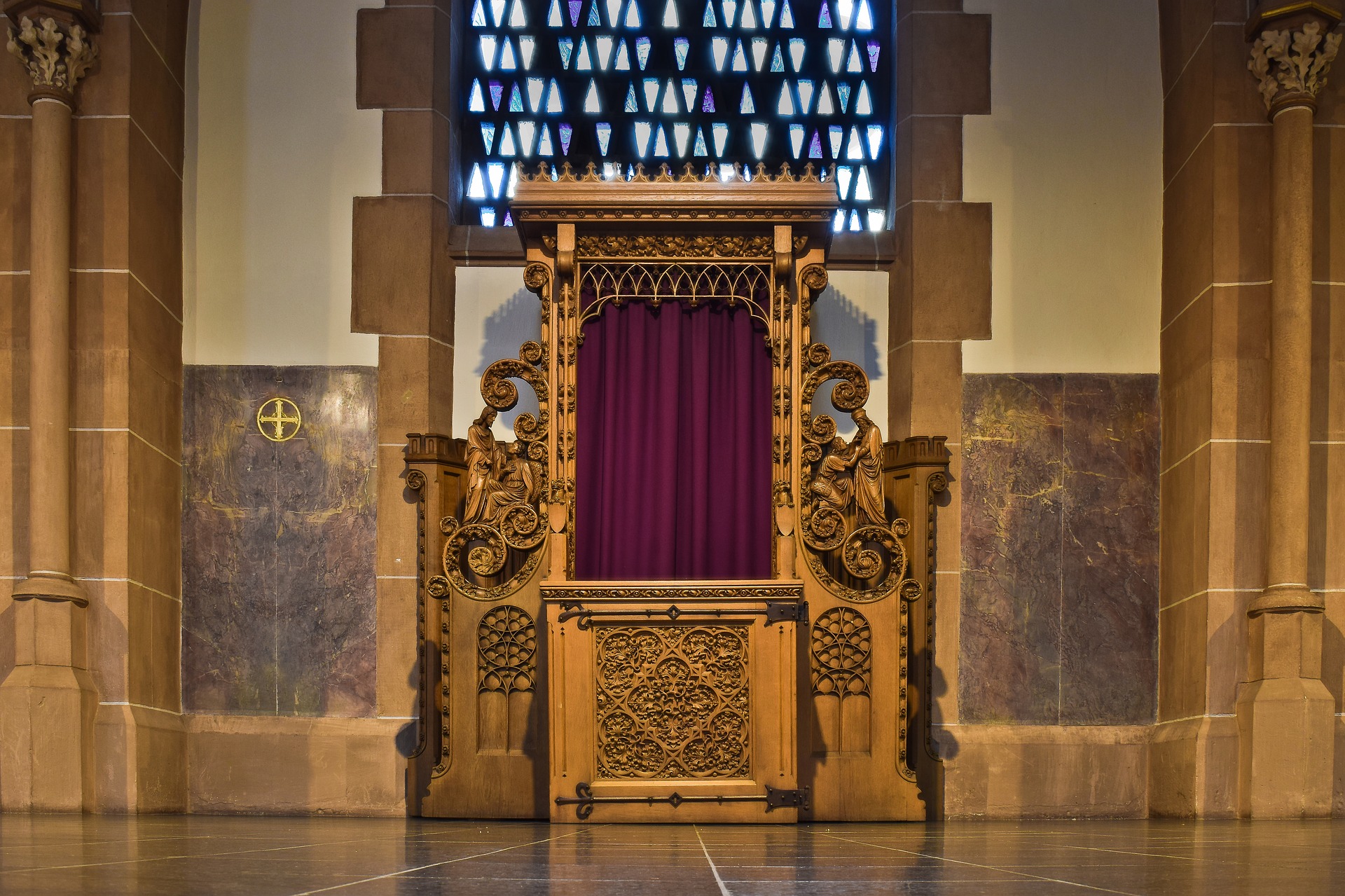


 Elizabeth Tomlin is the author of Joyful Momentum: Building and Sustaining Vibrant Women’s Groups and contributing author to the Ave Prayer Book for Catholic Mothers. She is General Counsel for the Archdiocese for the Military Services, USA. Elizabeth is an Army wife and mother of three and currently lives in the DC area. She blogs at
Elizabeth Tomlin is the author of Joyful Momentum: Building and Sustaining Vibrant Women’s Groups and contributing author to the Ave Prayer Book for Catholic Mothers. She is General Counsel for the Archdiocese for the Military Services, USA. Elizabeth is an Army wife and mother of three and currently lives in the DC area. She blogs at 
